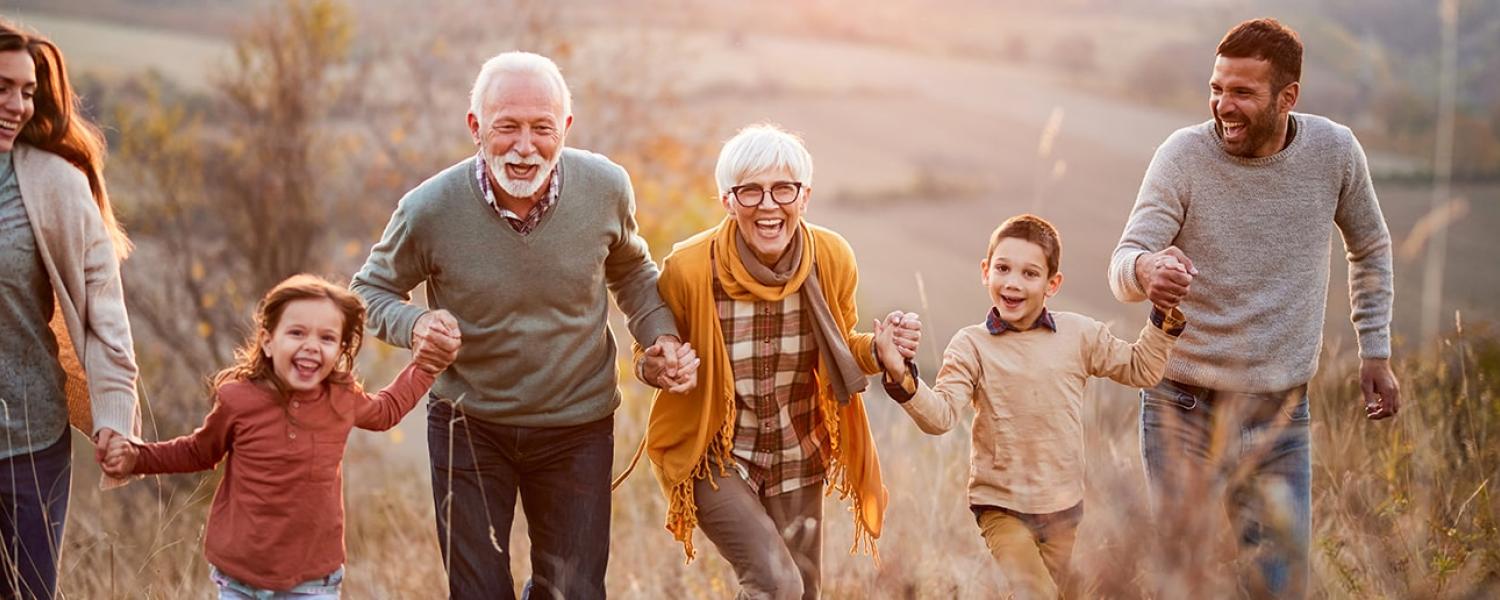
New Blog: How to Pick the Perfect Investment Manager. Read More. »
Featured Wealth Services
Trust Services
Sandy Spring Trust is the fiduciary arm of the Bank. Our prudent management of assets supports your family with estate, financial and tax planning.
Wealth Planning
We offer a wide variety of solutions to meet your needs through every phase of life, from wealth accumulation and preservation to legacy planning.
Private Banking
Our team goes beyond standard banking to address your entire financial situation. This is why we take a concierge approach to meeting all of your financial needs.


